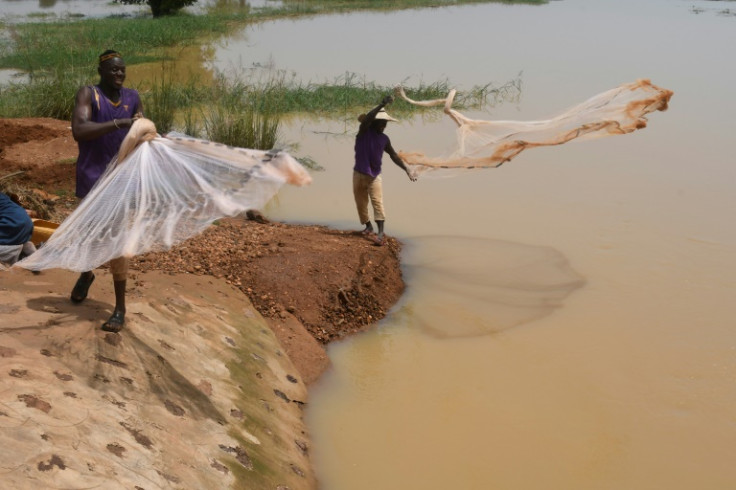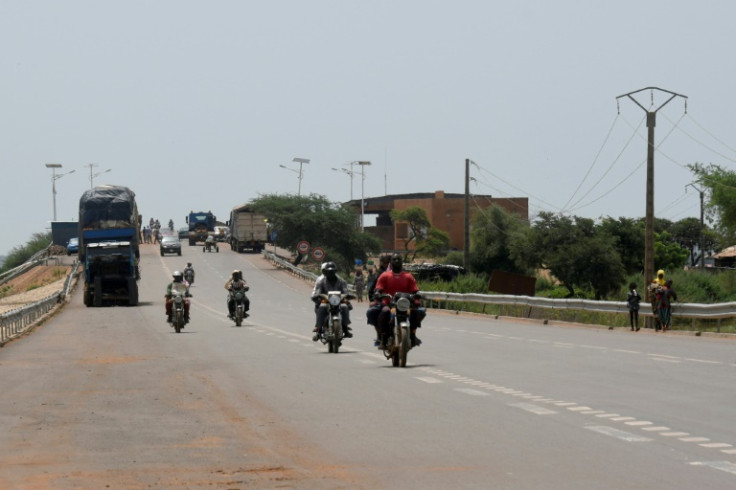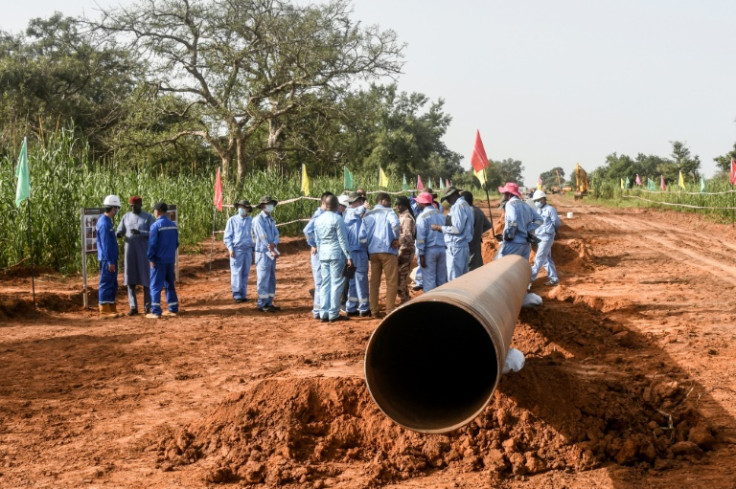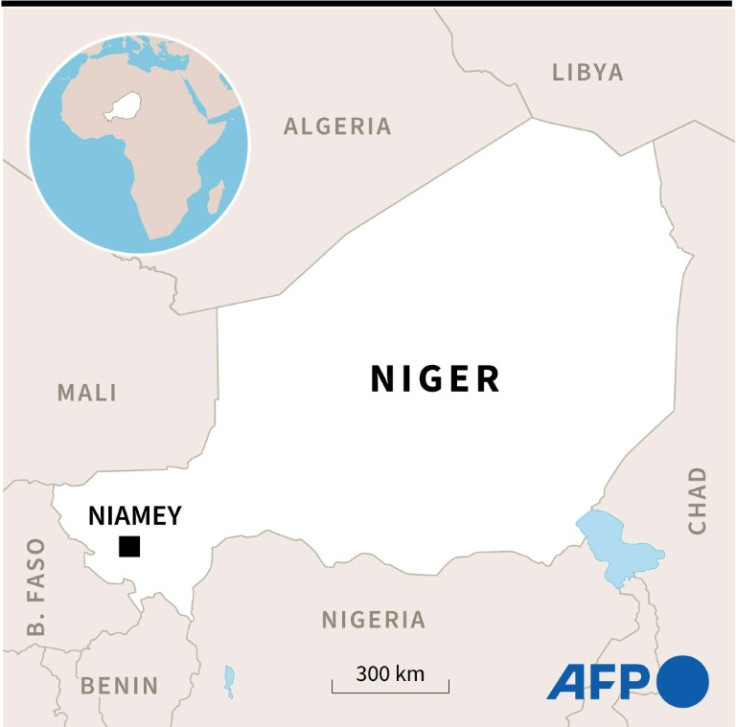Jihadist Fears Cast Shadow On Niger-Benin Border

Observers of troubled West Africa have long fretted that jihadists who have rampaged across the Sahel are eyeing a southward push to the Gulf of Guinea.
But for people living on the border between Niger and Benin, that concern is already a daily reality.
"We live in fear," said Sani Harouna, a fisherman who earns a living on the Niger River, which marks the border between the two countries.
To the north of the great river lies the vast, semi-desert state of Niger, the poorest country in the world by the UN's development index.
The country is battling two insurgencies that have swept in from its neighbours.
One is a longstanding Boko Haram campaign on the southeastern border with Nigeria, while the other is a dynamic seven-year offensive in the southwest.
It swept in from Mali, where al-Qaeda and Islamic State group jihadists are active, and has also pushed into neighbouring Burkina Faso.
To the river's south lies Benin, one of a trio of coastal states along with Togo and Ivory Coast which analysts fear are next in line.
Last month, armed men attacked a customs post in Malanville, Benin's closest town to Niger, killing two men.
"The terrorists are on the border, and if they are pursued in Benin, they will fall back to Niger," said another fisherman, Mamane Sani Harouna.
"It's these waters that must be watched -- they can make it easier for the terrorists to infiltrate, and around here there are too many wooded areas" that can serve as boltholes, he said.
Gaya district is part of the Dosso region which borders Benin and Nigeria.
So far Dosso has escaped violent attacks, and its relative safety means that truckers prefer to use it as a corridor to reach Benin's port of Cotonou rather than cross Burkina.
"There is a security challenge, the threat is real," Assimou Abarchi, the prefect -- the state's most senior official -- for Gaya told AFP.
"But up till now, thanks be to God, we sleep soundly and we wake up in good shape."
"Right now it's calm. There are just petty thieves who steal our animals and sell them to butchers," said a Nigerien trader who was crossing the bridge to sell milk in Benin.
But the corridor and the river are also a potential flashpoint.
Officials say they are used to provide fuel and supplies for terrorists based in Mali.
"Motorcyclists sneak across from Nigeria to northern Mali and canoes involved in smuggling are equipped with powerful motors," an official in Gaya said.
The corridor is also being used as the outlet for a planned pipeline for Niger's oil, which is scheduled to reach the world market via Benin next year.
In a visit to military forces in Dosso last week, Nigerien President Mohamed Bazoum promised to create a "fully-equipped battalion" for the Gaya area to help strengthen surveillance of the 266-kilometre (165-mile) border with Benin.
He called for the military to "find the right response" to "cutting off" the jihadists' supply lines.
"Benin is a strategic partner for Niger," he said.
"Given that we know how these forces (the jihadists) behave, and their intentions for opening up fronts on the other side of the border, we are obliged to act preventatively," he said.
Benin and Niger in July signed an agreement to fight "terrorism" through joint military operations and exchanges of information.
Dosso already has a rapid-response battalion of more than 500 troops, which has been trained and equipped by France with pickup trucks and heavy weapons.



© Copyright AFP 2024. All rights reserved.





















